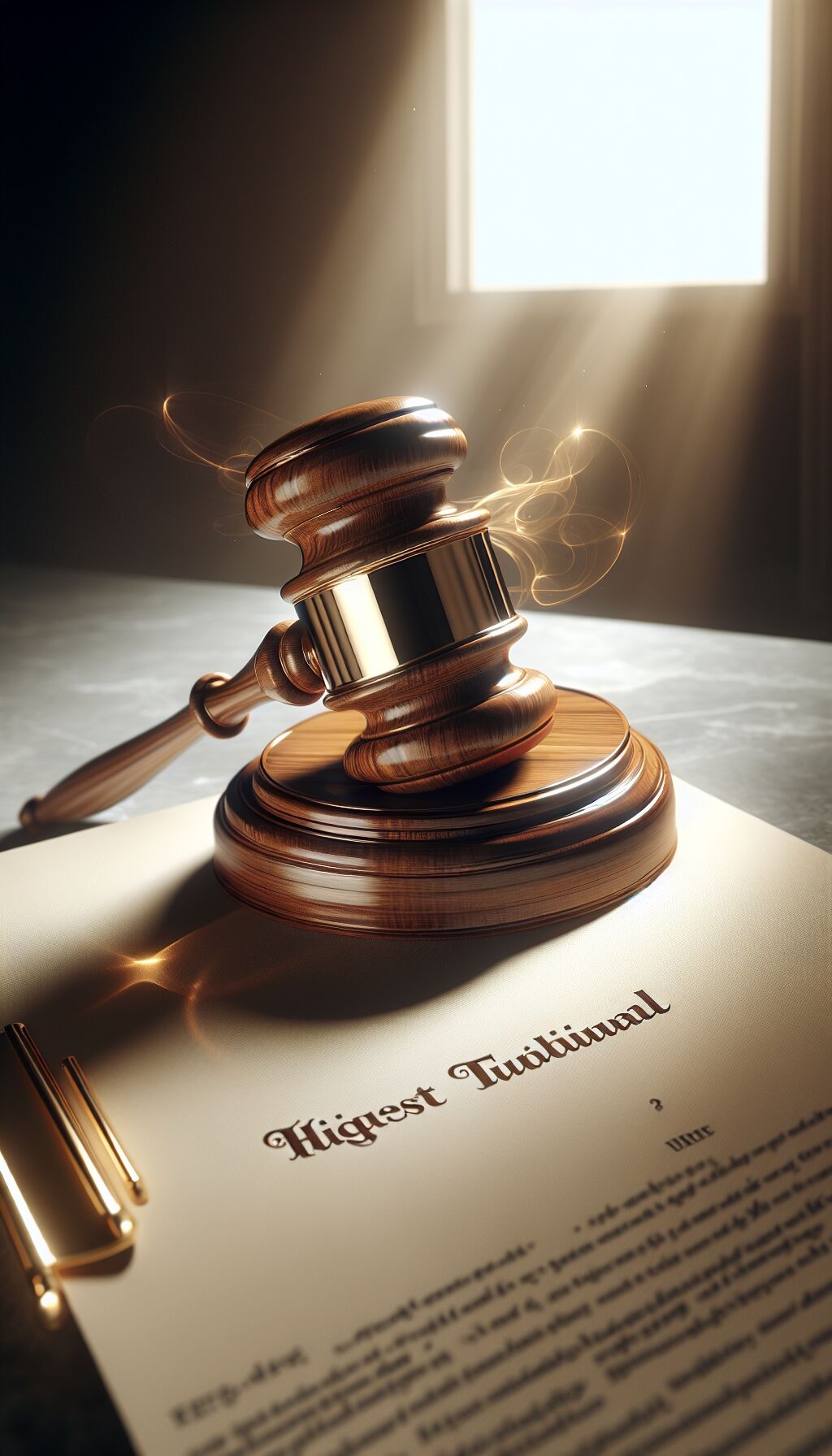Supreme Court to Review Landmark Case on Religious Charter Schools
The Supreme Court is poised to address a pivotal matter that intertwines education, religious freedom, and taxpayer funding. The court has accepted two related cases that challenge the establishment of the nation’s first religious charter school — a move that could redefine school choice and religious practices nationwide.
Background of the Case
On Friday, the Supreme Court confirmed that it would hear arguments for Oklahoma Statewide Charter School Board v. Drummond and St. Isidore of Seville Catholic Virtual School v. Drummond. These cases were ignited by the Oklahoma Statewide Virtual Charter School Board’s approval in 2023 of the St. Isidore of Seville Virtual Charter School, which is sponsored by the Roman Catholic Archdiocese of Oklahoma City and the Diocese of Tulsa. This K-12 online institution intends to offer a religiously infused curriculum, raising eyebrows among parents, educators, and legal experts.
The Opposition and Legal Rulings
In response to the approval of the St. Isidore school, a coalition of Oklahoma parents, faith leaders, and educational groups initiated a legal challenge. The Oklahoma Supreme Court ruled 7-1 against the establishment of the taxpayer-funded religious charter school. In the majority opinion, Justice James Winchester stated that “under Oklahoma law, a charter school is a public school,” indicating it must be nonsectarian, a mandate that St. Isidore allegedly contravened by promoting a Catholic curriculum.
Perspectives from Legal Advocates
Jim Campbell, Chief Counsel for Alliance Defending Freedom, voiced that the case is fundamentally about addressing religious discrimination and enhancing school choice. He remarked, “The Supreme Court has been clear in three cases over the last eight years that you can’t create a public program like that and then exclude religious organizations.” The group argues that opening opportunities for religious institutions can ultimately provide more educational choices for families.
State’s Standpoint
Oklahoma’s Attorney General Gentner Drummond has been vocal against the establishment of the St. Isidore school, arguing that its creation is unconstitutional. His spokesperson indicated that Drummond eagerly anticipates the opportunity to articulate his arguments before the Supreme Court. “I will continue to vigorously defend the religious liberty of all 4 million Oklahomans,” he declared. Drummond also expressed concerns that approving a state-sponsored religious charter school may lead to a slippery slope, potentially compelling taxpayers to fund diverse religious ideologies.
Historical Context of Similar Cases
This case adds to a growing series of Supreme Court cases involving religious entities and taxpayer funding. Landmark rulings in recent years have set precedents on this issue. In 2017, the Court favored a Missouri church in a case where taxpayer funds were denied for a playground project due to a state provision prohibiting funding for religious organizations. Similarly, in 2020, the Court struck down a ban on taxpayer funding for religious schools in a closely contested 5-4 decision concerning a Montana tax-credit scholarship program. Most recently, the Court ruled in 2022 that Maine’s tuition assistance program violated the First Amendment for excluding religious schools from eligibility.
Future Implications of the Case
Given the Supreme Court’s previous rulings on related matters, Campbell expressed optimism that the justices would affirm that religious organizations deserve inclusion in educational programs. “You can’t create a charter school program that allows private organizations to participate but tell the religious groups that they can’t be included,” he stated. Should the court rule in favor of the religious charter school, it would likely open the door for more religious institutions to participate in public educational programs across the country.
Judicial Procedures and Upcoming Hearings
Notably, Justice Amy Coney Barrett recused herself from participating in this case, though no reason has been disclosed. The Supreme Court is scheduled to hear oral arguments in April, leading to a significant decision that could have far-reaching effects on the intersection of religion and public education.
Political Context and Significance of School Choice
The debate surrounding school choice has emerged as a hot-button issue, particularly as the 2024 election cycle approaches. Educational reforms are at the forefront of political discussion, highlighting varying perspectives among political leaders. Drawing significant attention, President Donald Trump recently signed two executive orders aimed at reshaping educational policies, one of which targeted the federal funding of K-12 schools that incorporate critical race theory, while the other promoted school choice initiatives.
This case is not just about one charter school; it represents a broader national conversation about the role of religion in public education and the rights of parents to choose the type of education their children receive.
Fox News Digital’s Ronn Blitzer and the Associated Press contributed to this report.
